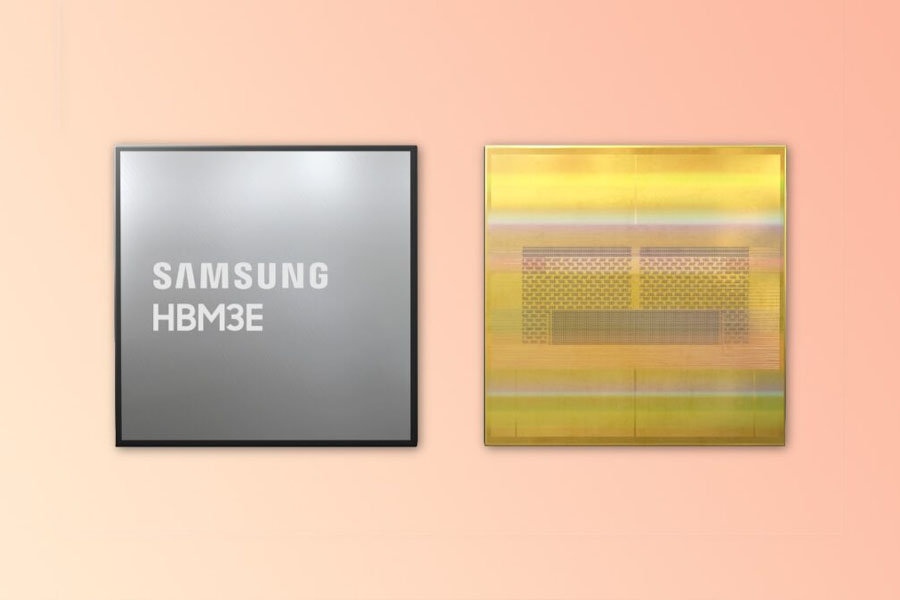OpenAI has decided to design and manufacture its own AI chips to reduce dependence on Nvidia and cut operational costs. However, the company has chosen TSMC instead of Samsung Foundry for the production of these chips, which is expected to begin mass production by 2026.
OpenAI AI Chips Rumors
OpenAI’s AI Chip Manufacturing Plans
OpenAI is in the final stages of designing its in-house AI chips, which aim to lessen reliance on Nvidia. The company has opted for TSMC’s 3nm process node for the manufacturing of these chips. The mass production of these chips is anticipated to begin by 2026.
Samsung’s Struggles in Chip Manufacturing
Samsung Foundry has faced challenges over the past few years. Chips made for companies like Nvidia, Qualcomm, and Exynos have experienced overheating and power inefficiency. As a result, major clients like Nvidia and Qualcomm have moved their business to TSMC. OpenAI, despite engaging with Samsung, has chosen TSMC to manufacture its AI chips.
Samsung’s Ongoing Role in OpenAI’s AI Strategy

Although OpenAI has selected TSMC for chip production, it might still source Samsung’s high-bandwidth memory (HBM) for its chips. Samsung is also reportedly looking to invest in OpenAI’s Stargate Project to bolster its presence in the AI sector. Additionally, Samsung has already begun integrating OpenAI’s AI algorithms into its high-end TVs.
As of now, OpenAI’s AI chips are still in the design phase and will begin mass production in 2026.
- Meanwhile, check out our review of the OnePlus 13R
How did we do with this article?
No Active Polls
There are currently no polls available. Check back later for new polls to participate in!
Conversation
We’d love to hear your thoughts! Let's keep it respectful and on-topic. Any inappropriate remarks may be removed. Happy commenting! Privacy Policy
Be the first to share your thoughts—start the conversation!
Latest Articles
Best Tech Deals
No deals available.
Check back later for exciting deals!
More Articles





